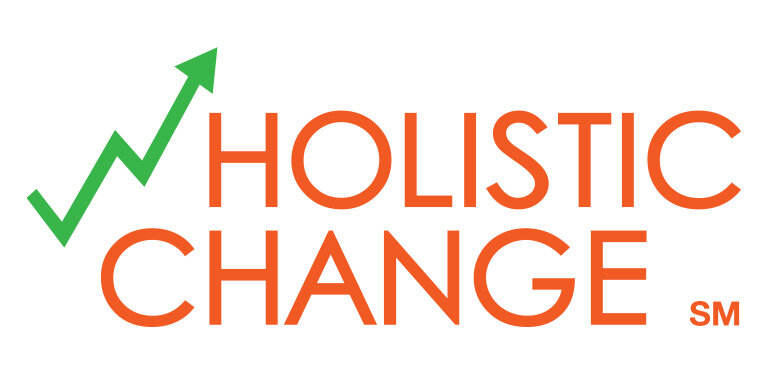When the change you're attempting will impact people -- and it will! -- make sure you have Human Resources on board as one of your partners. Human Resources should have the knowledge and expertise to help you navigate what it means when you change people's jobs.First, are the new job expectations that you're defining reasonable --
- are you expecting more than one person can accomplish?
- are you asking for too many varied skills, such that it would be really hard to find all of that experience in one person?
- are you asking for something so specialized that you will need to be paying top salary to attract and retain that talent?
Use Human Resources to help you understand if you'll be able to find the kind of people you need. They will have knowledge of the local marketplace and will know how to work with outside recruiters if that is what is needed.Often, organizational training is provided through the Human Resources department. They can be your source for training on things from beginning computer skills through executive leadership. When you've identified the training that you need for your current staff to get them ready for their new roles, look for whatever internal training resources might exist before looking outside.Human Resources can also help with market comparison and compensation analysis to ensure that what you're proposing is within common expectations. Without reasonable expectations, you won't be able to retain the people that you have, and you'll have a hard time hiring new people.

